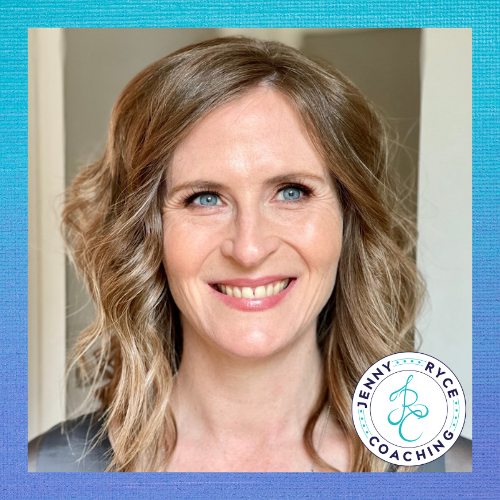A Resource Guide to Mental Health Help
May is Mental Health Awareness Month in Canada and the USA, but if you ask me, a month isn’t quite cutting it. Mental health is year-round. It is always present and flows from the positive into the negative and, hopefully, back into the positive again. But what happens when you’re finding yourself needing help? Many people don’t know where to start. With a wide array of mental health professionals and treatments it can be hard to know what type of help is available and who and what is best for you. Need help but don’t know where to begin? Let’s send you on the right path.
Types of Mental Health Professionals
Who should you talk to? The answer depends on your needs and personal situation. Choose your mental health professional based on their specialty, training, methodology, availability and—most of all—how you feel in their presence. A personality match is important, so if you don’t feel a connection with your chosen person keep looking until you find who’s right for you.
Life coach: offering a therapeutic process, a coach focuses on what’s happening now, what you want next (in your relationships, career or day-to-day life), and how to get there. Naturally, some of the obstacles you may be experiencing are rooted in past experiences. A life coach will help you identify them, help you overcome them, assist you in finding motivation and pinpoint resistance to change.
Psychologist: perhaps the best-known type of mental health professional, psychologists usually hold a Ph.D., specializing in emotions, behaviors, and thoughts. They typically work in hospitals, schools and private offices. Through counselling they treat a variety of issues from mental illnesses to relationship problems. Psychologists can’t prescribe medication.
Psychiatrist: a psychiatrist is a doctor with a medical degree. They diagnose, treat and help prevent mental, emotional and behavioural disorders using psychiatric medicine, physical exams and lab tests. While general practice doctors can prescribe medications, it is recommended to go to a psychiatrist for complicated disorders.
Psychoanalyst: Sigmund Freud paved the way for this practice, which helps people explore their unconscious or repressed anxieties, impulses and internal conflicts. They do this through free association, dream interpretation and analysis of resistance and transference.
Psychiatric nurse: these registered nurses specialize in mental health, perform psychological therapy and administer psychiatric medication, under the supervision of a medical doctor.
Counsellor (Therapist): this is a broad term to describe someone who provides counselling (therapy) and who can hold the title “professional” or “licensed.” Their educational backgrounds can vary as they choose to specialize in areas like addiction, personal and professional stress, families and marriage or relationships.
Social worker: a social worker can be a public employee or work in hospitals, universities and treatment centres. While they can address personal problems and disabilities, they focus on social issues such as unemployment, housing, substance use and family troubles like child abuse and domestic violence.
Types of Mental Health Treatments
Treatments come in all forms—and based on your reason for seeking help, you may favour one type over another. Here are some of the options available to you.
Psychotherapy or Counselling: this is when you talk about your issues with a professional, one-on-one, with someone who is also involved in the issue at hand (such as a spouse or family members) or in a group setting. Talk therapy contains relaxation exercises, coping skills and an educational component and comes in many forms, such as cognitive behavioural therapy (CBT). Some workplaces also offer employee and family assistance programs (EFAP) where you can connect with a mental health professional rapidly and usually for free.
Support Groups: these groups can help you gain insight into your condition and provide friendships, support and resources on how to live with your situation. Its group nature also helps address feelings of isolation.
Residential or hospital treatment programs: offered at specialized facilities these long-term programs address severe issues that become insupportable and hinder day-to-day life on a massive scale. They are also a common route for people who are in danger of harming themselves or others.
Prescription medicine: this changes brain chemicals that regulate emotions and thought patterns. While they don’t cure conditions, they can improve your symptoms, making other treatments such as counselling more effective.
Suicide helplines
If you are in an immediate crisis or in danger of harming yourself, you can talk to a crisis responder 24/7/365 at
- Talk Suicide Canada: 1-833-456-4566
- Suicide & Crisis Lifeline USA: 988
I hope that this breakdown has helped provide you with the knowledge to begin your journey on finding the right professional for you. If you need any guidance or would like to start with a conversation with me, please reach out! I am here to help you. - Dawn Taylor


You Deserve to Live Your Dreams!
Trauma, Business, and Life coaching customized to your needs.
All Rights Reserved | The Taylor Way | Privacy Policy














































































































